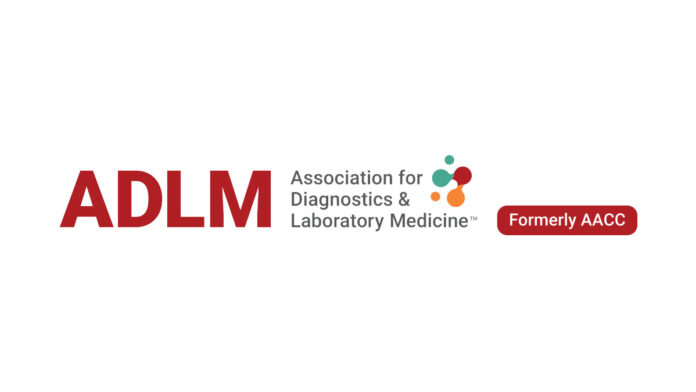CHICAGO – New research shows rates of cannabis use during pregnancy are far higher than previously thought, a finding that could improve efforts to identify pregnant cannabis users and inform them of potential risks. This study will be presented at ADLM 2024 (formerly the AACC Annual Scientific Meeting & Clinical Lab Expo).
Cannabis use during pregnancy
Cannabis is rapidly becoming legalized in more in more states across the U.S. and its recreational use is skyrocketing, but its effects on the developing fetus are not fully understood. Current recommendations advise against cannabis use and exposure during pregnancy due to its association with negative outcomes, such as preterm birth, fetal growth restriction, low birth weight, and developmental deficits.
A research team from NMS Labs led by Dr. Alexandria Reinhart sought to investigate the prevalence of cannabinoid exposure in utero during 2019-2023 by analyzing umbilical cord samples submitted for testing. Of the 90,384 samples tested, 44% were positive for at least one of approximately 60 analytes included in the testing panel, and cannabinoids accounted for 59%-63% of all positive results, making them the most common drug found.
“The sheer amount of cannabinoid positivity we found in comparison to all the drugs that we run on our umbilical cord toxicity testing was pretty astounding,” Dr. Reinhart said.
As the effects of cannabinoids on health continue to be studied, the clinical laboratory should be vigilant in testing for them in pregnant individuals, according to Dr. Reinhart. This, in turn, will enable clinicians to educate these patients about the potential harm that cannabis can do to a fetus.
About the Association for Diagnostics & Laboratory Medicine (ADLM)
Dedicated to achieving better health through laboratory medicine, ADLM (formerly AACC) brings together more than 70,000 clinical laboratory professionals, physicians, research scientists, and business leaders from around the world focused on clinical chemistry, molecular diagnostics, mass spectrometry, translational medicine, lab management, and other areas of progressing laboratory science. Since 1948, ADLM has worked to advance the common interests of the field, providing programs that advance scientific collaboration, knowledge, expertise, and innovation.










